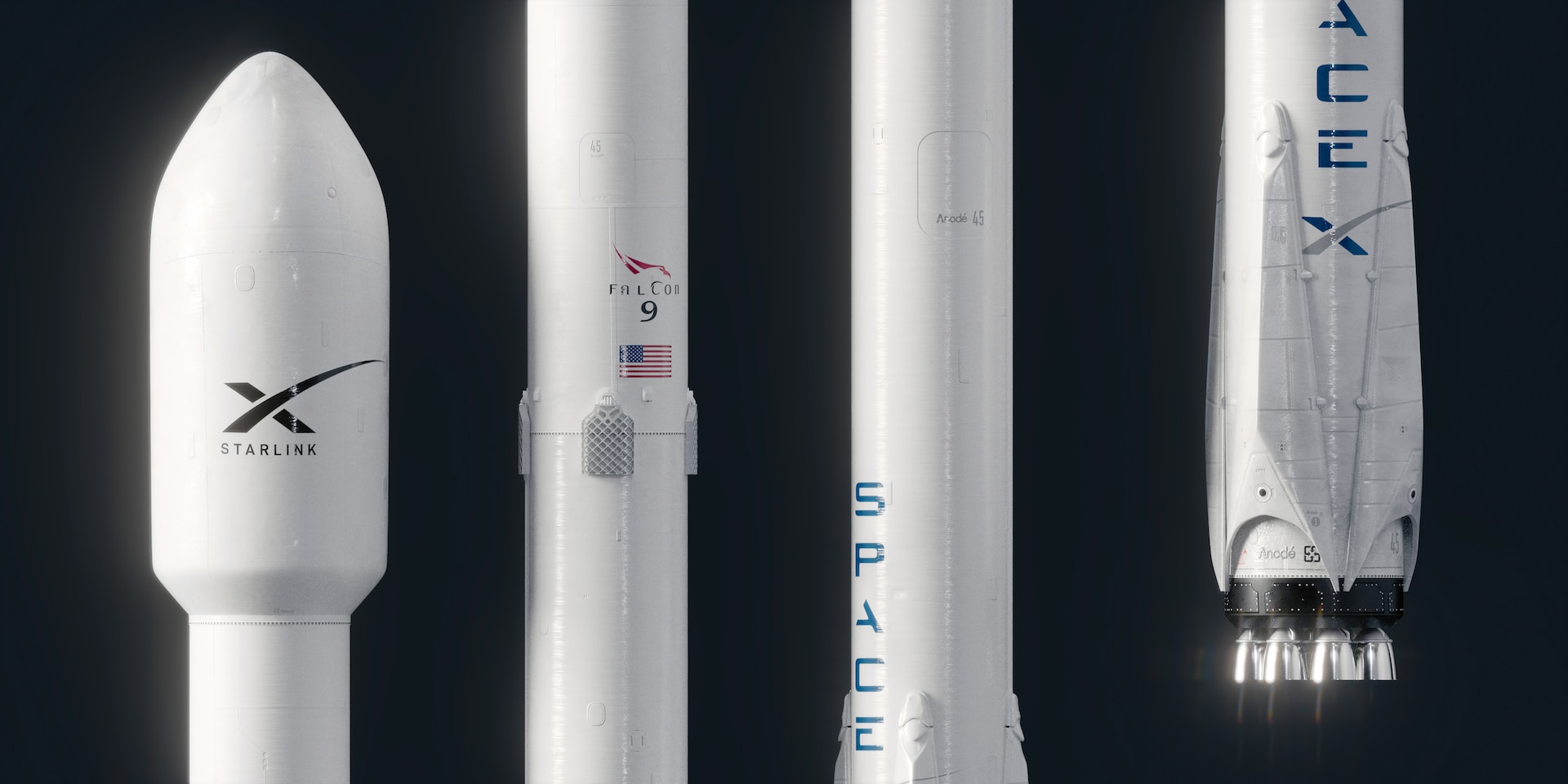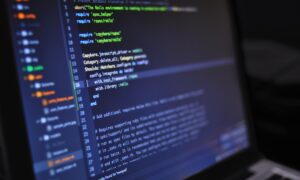SpaceX’s Starship rocket is about to undergo its second test flight, and ahead of this, the company is implementing a multitude of upgrades to boost its chance of successfully reaching orbit. Elon Musk, the CEO of SpaceX, has disclosed that “well over a thousand” changes have been made to the massive Starship rocket.
During the first test flight, the launch system began spinning out at a high altitude, leading SpaceX to manually terminate the flight. To address this, a significant overhaul of the stage separation procedure is being undertaken, which is considered one of the most crucial changes. Musk shared that the new “hot-staging” approach will improve payload performance and increase payload-to-orbit advantage by approximately 10%.
The “hot-staging” method, used by Russia’s Soyuz rocket and Roscosmos for decades, involves the ignition of the engines on the upper stage of the rocket while still attached to the lower stage. SpaceX’s version of “hot-staging” will see only a few of Super Heavy’s 33 Raptor engines firing when the upper stage engines are ignited, thus avoiding loss of thrust during stage separation.
Implementing “hot-staging” requires significant modifications to the Super Heavy booster, including the addition of an extension to the top made up of “almost all vents” and shielding to protect it from the powerful exhaust of the upper stage’s six Raptor engines.
SpaceX has also worked on improvements to the Starbase launchpad. Musk mentioned a “steel sandwich” water deluge system that will leave the base of the pad in much better shape than the last time.
Musk feels the probability of the next flight reaching orbit is much higher than the last one, estimating a 60% chance of success. he did not commit to a specific launch date, stating there are many variables outside of SpaceX’s control. While the launch pad upgrades and the booster and ship are expected to be ready in about six weeks, SpaceX will still need to secure approval from the Federal Aviation Authority (FAA) for a second launch attempt. This could be delayed due to an ongoing lawsuit against the FAA by environmentalists following the first Starship launch.
































































